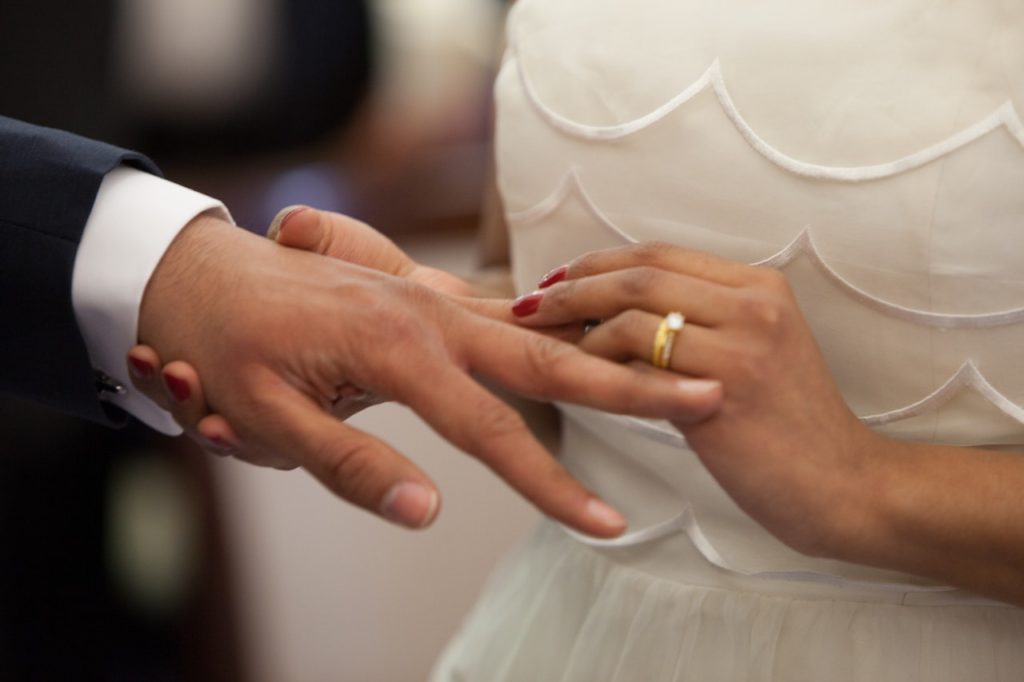What Are Signs That a Loved One May Be Suffering Abuse in a Nursing Home?
No one wants to think their loved one is not being cared for lovingly and effectively when they’re a resident of a nursing home. Everyone would prefer that all nursing homes strictly adhere to Indiana’s list of nursing home residents’ rights. Unfortunately, that’s not the case. Nursing home abuse exists and can be devastating. It can take the form of physical abuse, but it can also take the form of neglect. That means someone isn’t necessarily physically hurt, but they may not receive the nourishment or medical care they need to survive and thrive. Abuse may also be emotional rather than physical.
While this is not a complete list of symptoms, it provides a basis for what to look for if you’re concerned about how your loved one is treated in their nursing home.
- Unexplained bruising, broken bones, sprains, welts, or scars
- Damaged eyeglasses
- Marks on the wrist that might have been made by rope or other restraints
- Behavioral changes that might appear to be dementia
- Genital infections or damage
- Bloody or stained undergarments
- Lack of clean clothes and bedding
- Bedsores
- Unexplained weight loss or dehydration
- Staff unwilling to leave resident alone with visitors
- Lack of medical care or improper administration of medications
- Unexplained changes in financial status (unexpected ATM withdrawals, money transferred out of the resident’s bank account, etc.)
What Steps Should I Take if I Believe My Loved One Is Being Abused in a Nursing Home?
These can be complex allegations and cases. They’re also delicate to approach in that you don’t want to subject your loved one to increased abuse in retaliation for raising concerns about abuse. Your first step should be to contact a personal injury attorney who’s experienced in nursing home abuse cases. While there are several steps you could take on your own, working with someone who understands the laws and how to use them may have quicker results. Sadly, it’s not until legal action is threatened that some nursing homes are willing to make the necessary changes.
- Collect evidence. This may be in the form of photos or videos documenting bruises or cuts, unclean conditions, bedsores, etc. It may also be the resident’s medical records that note concerning symptoms. If bank accounts are involved, the relevant bank statements will help. There may also be other residents who have witnessed the abuse or even sympathetic staff members.
- Talk to your loved one. This should be done with no one else present. If the nursing home staff refuses to let that happen, contact your lawyer immediately. It’s important to understand that the resident may have been threatened by nursing home staff and may be reluctant to talk. That’s another good time to talk to your attorney.
- Call the police. If there are clear signs of abuse (whether physical, emotional, or financial) and you’re worried about the resident’s immediate safety, bring the police in to help you while you pursue legal avenues.
- Resort suspected abuse or neglect to adult protective services. This isn’t just a good idea; it’s the law in Indiana. Anyone who suspects or has evidence of nursing home abuse is legally required to report it.
- If feasible, try to find a new place for the resident to move to where they’ll be better cared for.
Who Might Be Found Liable for Abuse in a Nursing Home?
Exactly who could be held responsible depends on the specifics of the case. In general, the nursing home facility or management is liable mainly if the employees who perpetuated the abuse did so in the ordinary course of their work. This is especially true in the following situations.
- Understaffing can lead to overworked existing staff. The abuse or neglect in these cases may not be intentional on the employee’s part because they’re tasked with more than they can handle. Then, the home’s management could be liable.
- Lack of proper training. The nursing home management is responsible for ensuring staff is properly and thoroughly trained to care for residents.
- Lack of proper vetting of employees. The home management should run background checks with interviewing potential employees and weed out any with a troubled background. If they hire someone without checking the background and that employee is abusive, the management could have some responsibility.
- Not properly caring for residents. If employees don’t take the steps necessary to maintain the health and well-being of the residents, including ensuring they have adequate nutrition and water, clean clothes and bedding, regular baths, the proper doses of medications administered at the correct time, etc., the management may be negligent.
In some cases, a specific employee may be the problem. If an employee was screened and trained properly but began hitting or otherwise physically hurting the resident, they’re not doing their job and may be sued. When in doubt, work with an experienced attorney.
What Should I Do if I Think My Loved One Is Being Abused in a Nursing Home?
Call the Law Office of Deidra Haynes as soon as possible at 317-785-1832 to get started. We understand how traumatic this is for you and how vital it is for you to protect your loved one. Once we’ve gone through the specifics of your case, we can help you determine the best approach for helping your loved one and addressing the source of the abuse.












